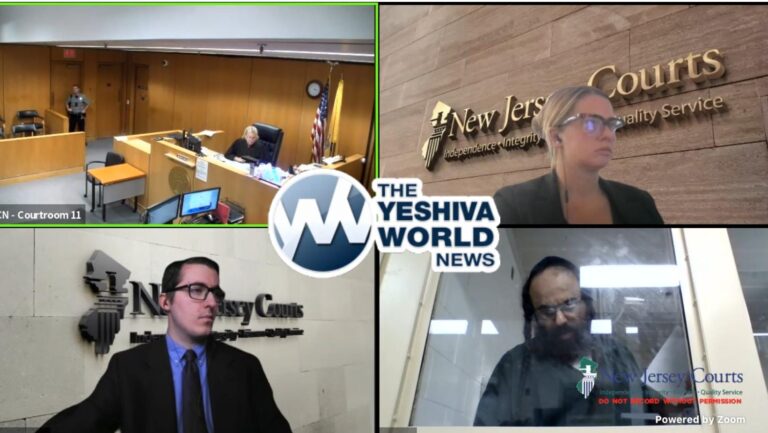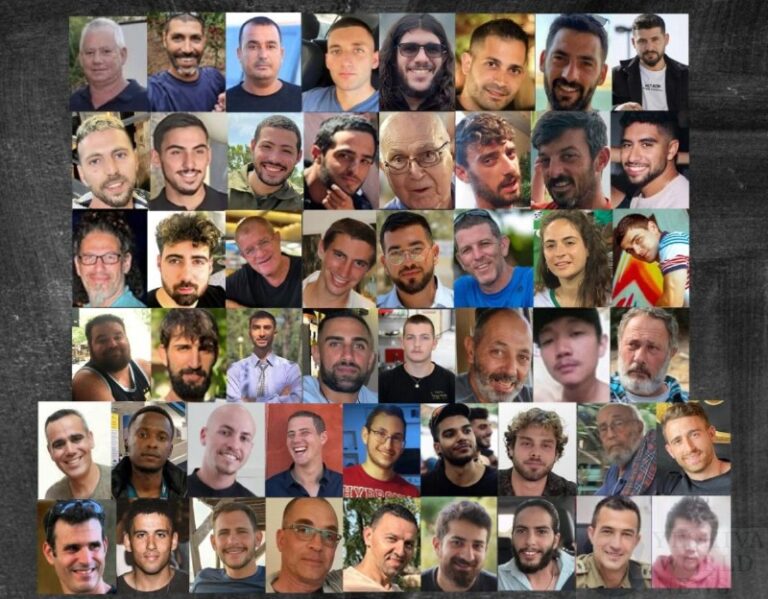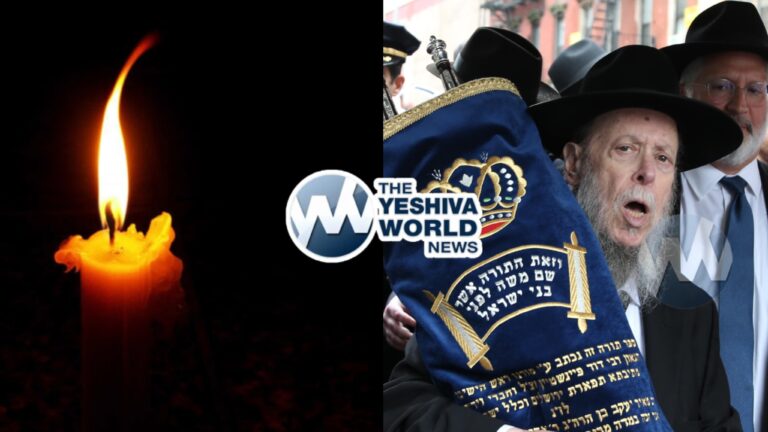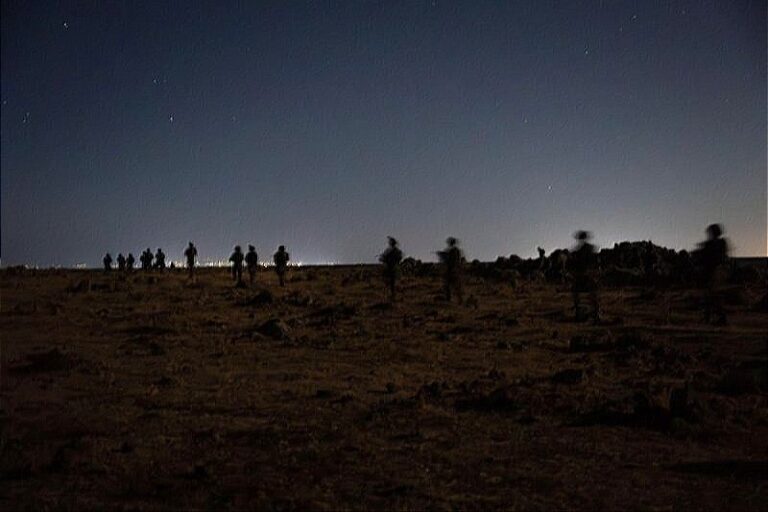A Three Days Journey in the Desert
I declare that I will bring you out of the wretchedness of Egypt to the land of the Canuanites, Hittites, Amorites, Perizzites, Hivites and Yebusites-to a land flowing with milk and honey…. You and the elders cf Israel will then go to the King of Egypt. You must tell him, Hashem, God of the Hebrews, revealed Himself to us. Now we request that you allow us to take a three day journey into the desert to sacrifice to Hashem our God (Shemos 3:17-18).
T he commentators are puzzled by the fact that when Hashem 1 revealed His plan for the Jewish people, He immediately told Moshe of their destiny in Eretz Yisrael, but at the same time instructed Moshe to ask Pharaoh only for permission to leave for three days. Many answers have been proposed to this question (see Ohr Hachaim to Shemos 318). We shall offer yet another based on one of the unique aspects of matzah.
The matzah, the bread of slavery, is at once the symbol of our slavery and the symbol of freedom. In the Pesach Haggadah it is both poor bread” and the symbol of how Hashem redeemed us in an instant.
It could be asked why a richer, more tasty cake was not chosen as a symbol of our redemption from the bitter slavery of Egypt. The answer is that we did not cease to be slaves with our redemption. As the Gemara (Megillah 14a) says, commenting on the verse (Tehillim 1131), “Praise God, give praise, you servants of Hashem” “Originally we were slaves to Pharaoh; now we are slaves to Hashem.” We did not emerge from slavery to freedom; we remained slaves with a new master.
The Jew is not free. “Frei” is the password of alienation from Judaism. The Jew is the model slave, accepting the yoke of the kingdom of Heaven, and unequivocally yielding to his master, the Master of the Universe, Who he serves with unswerving dedication. The Talmidei Rabbeinu Yonah to Berachos (9b) explain the halachah that the blessing of geulah (redemption) must be linked to Shemoneh Esrei, service of the heart. There is for the Jew no hiatus, no free moment between redemption and acceptance of God’s yoke.
After our redemption, we continued to dine on the bread of slavery to emphasize that our status as slaves had not changed. Even the good Land that we were given is a land suited to slaves, whether they be slaves to human masters or slaves to the King of kings. It was first given to Canaan, who himself bears the curse of eternal servitude.
Our freedom is the freedom to be God’s slaves. And it is this servitude which is the ultimate freedom. On the Tablets was engraved our freedom “Do not reed ‘engraved on the Tablets’ but ‘freedom on the Tablets.’ ” Freedom is total immersion in Torah, total dedication and obedience to God Himself. Only when the Jew is able to express his deepest inner will, the thirst to do God’s will, is he truly free. He is no longer a slave whose inner will is suppressed and stifled by the “se’or sheb’issa”-literally, the yeast in the dough, and figuratively, the yetzer hara with its infinite array of desires and lusts that wrench one from submission to God’s will.
Subjugation to the nations of the world, whether physical or cultural subjugation, is enslavement, for it suppresses our ability to express our inner will, to come close to Hashem. Redemption from that enslavement is totally God’s doing. We are passive objects when God takes us into His jurisdiction. We do not bring our redemption; we graciously and gratefully accept it.
But we must show ourselves worthy of freedom by displaying an understanding of the implications of freedom from outside forces, a desire for the opportunity to subject ourselves to Hashem.
The Ruler of the World did not need permission from Pharaoh to take us out of Egypt. Therefore Moshe did not approach Pharaoh with a request to leave Egypt to settle in Eretz Yisrael. But, the Jewish people, then under Pharaoh’s rule, had to show that they deserved geulah. That is why they petitioned Pharaoh for three days in the desert to sacrifice to God. The nature of these sacrifices was not clearly defined even to Moshe. As he told Pharaoh, “For we do not know how we are to serve Him until we get there” (Shemos 10 26).
Three days after leaving Egypt, Hashem told the newly freed Bnei Yisrael to return towards Egypt. Return towards Egypt, give up your newly acquired freedom, cease running towards safety and put yourselves in the clutches of your oppressors. Why? Because God wills it. That was the “sacrifice” after three days in the desert-not animal sacrifices, but the giving up of the thing most dear to them, their new freedom. That was the test of their worthiness for redemption.
We stand today on the brink of redemption and are being tested to see if we merit God’s redemption. We can safely leave bringing Mashiach to Hashem, but we must merit his coming. Only by intensifying our commitment to Torah and mitzvos, by dedicating ourselves to serving Hashem in all areas of life, by removing the chametz from our hearts, will we successfully discharge our three days in the desert.










